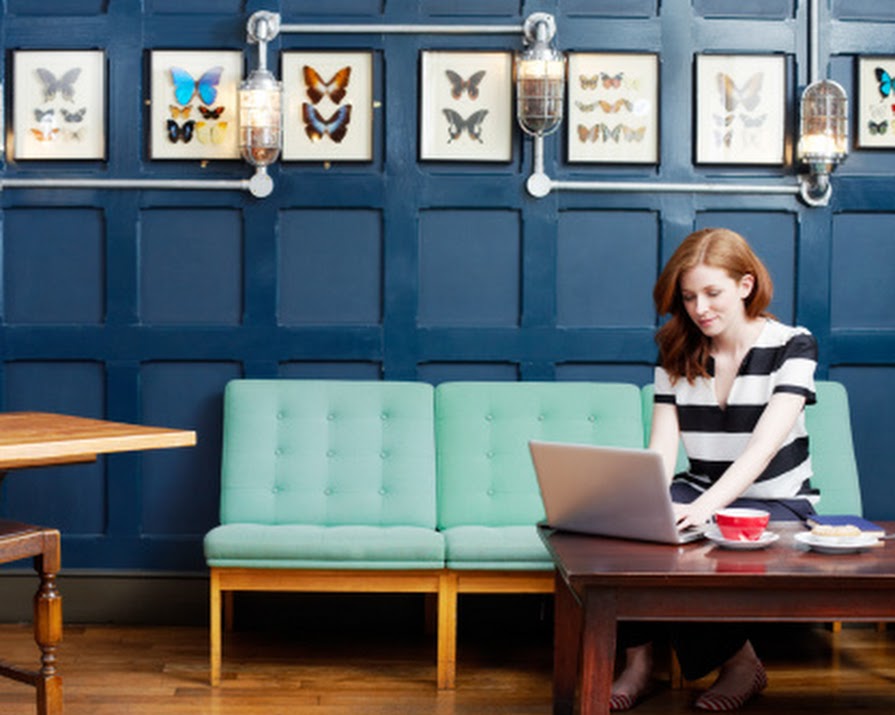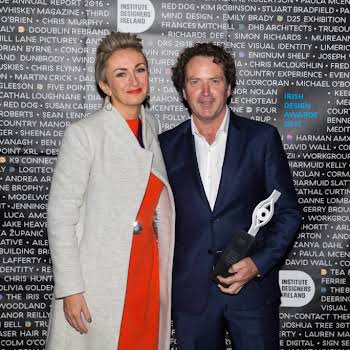
By Jennifer McShane
31st May 2016
31st May 2016
When it comes to gendered stereotypes perpetuated?online, there are more than enough to go around – women are ‘passive’ while men are ‘confident’ and so on – ‘so it’s refreshing to hear that a recent study on language and gender on Facebook is dismantling the idea of women as being inherently more passive than their male counterparts.
A study of more than 67,000 users exploring ‘differences in language use across gender, affiliation, and assertiveness? found that women and men use language differently online: women mentioned friends, family and social life more often, whereas men swore more, used angrier and argumentative language, and discussed objects more than people.
The first part of the research, by a team from US universities Stony Brook University and the University of Pennsylvania and the University of Melbourne, Australia, analysed 10 million messages from more than 52,000 Facebook users and found that women like to use intensive adverbs (‘sooo? and ?ridiculously?), choose words and phrases expressing positive emotions while men focused on impersonal topics and competitive activities; their language was centred around the phrases ?football,? ‘season,? ?win,? and ?battle.?
In the second half of the study,’scientists looked at the messages of 15,000 Facebook users within two dimensions: Affiliation and interpersonal warmth versus impersonality and coldness, and assertiveness and dominance versus indirectness and passivity.
While recent research has indicated that assertiveness is more of a male trait, in this case, ?it was found that despite using generally more agreeable, more social language, women actually use’slightly more assertive language online than men do.
The combined research findings mean that it raises some interesting points regarding stereotypes; so much of our descriptive language is segregated depending on gender. For example, the term “diva” or “bossy” is a negative?term,’describing women who are difficult, whereas men are simply “driven.”
Such semantic stereotypes haven’t gone unnoticed by powerful women in the public eye such as Sheryl Sandberg and Beyonc?, who all got on board with the ‘Ban Bossy’ campaign last year to encourage more women to take up leadership roles.
On a positive note, psychologist Dr. Margaret Kern, of the University of Melbourne and one of the study authors believes?that ?increased use of social media may be helping to eradicate the stigma around women asserting their authority and that conversations on gender ?have shifted over time.”
So, keep flying the flag on social media ladies, and someday soon we may see an end to perpetuated stereotypes once and for all.
Via Science Daily























